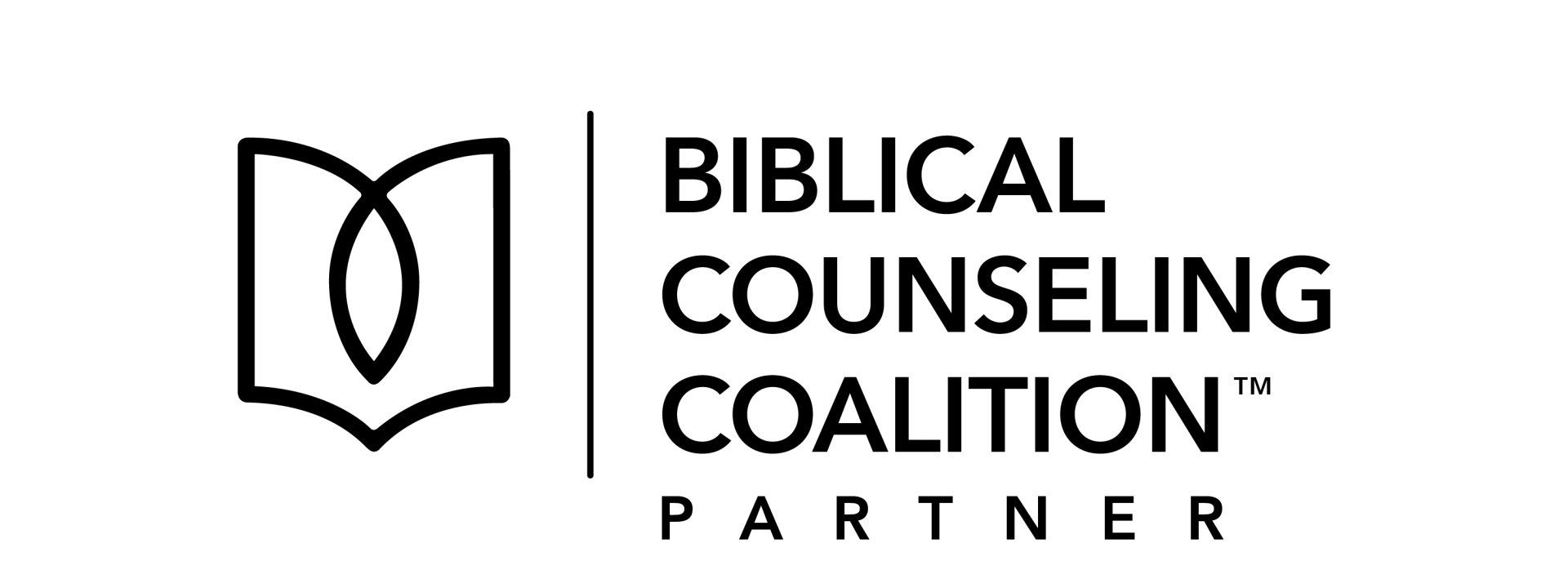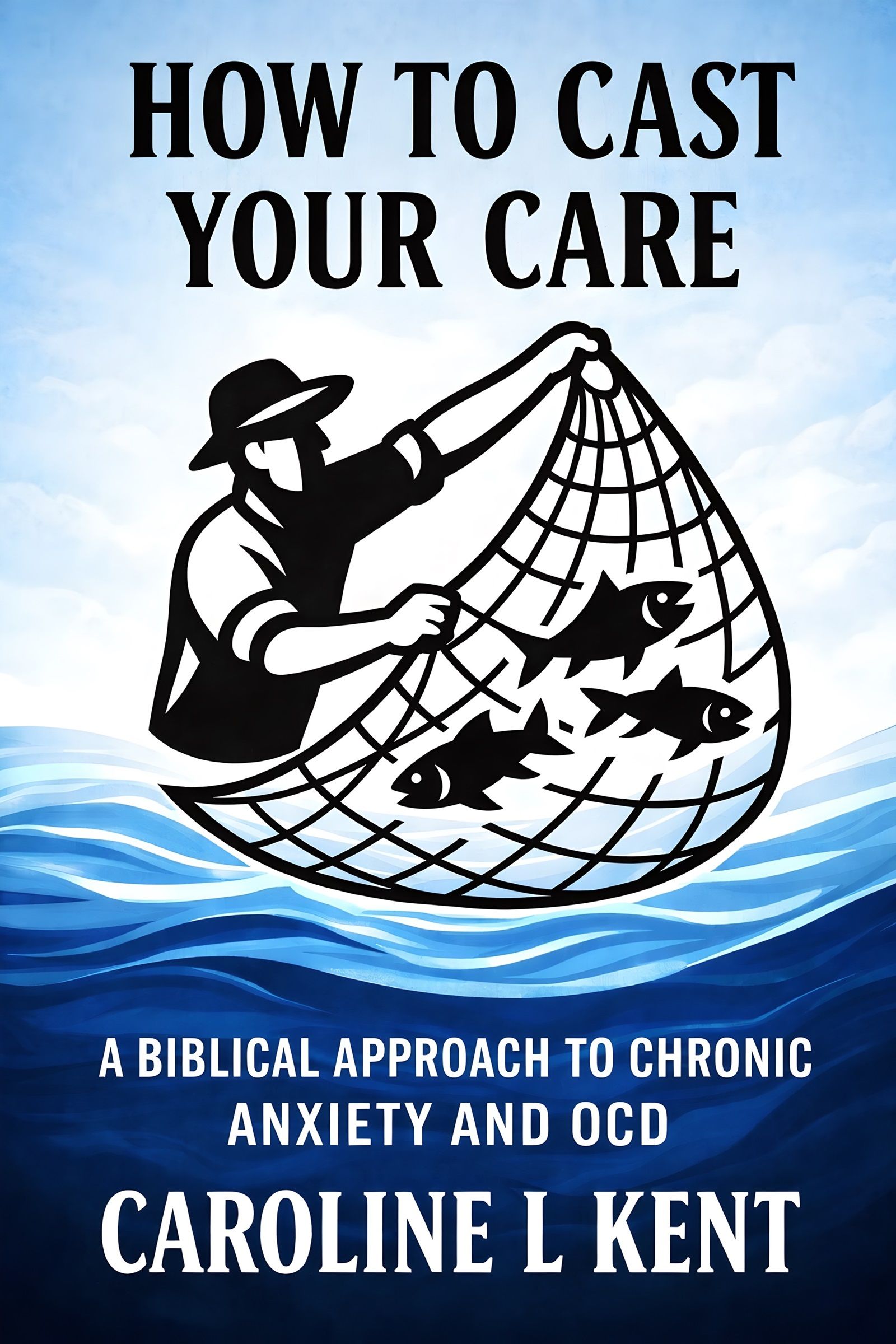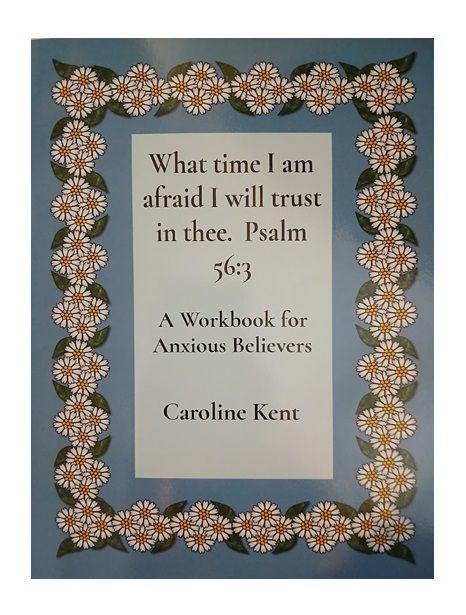Deepening the Practice of Casting Your Cares Upon the Lord
A Guide for Those Who Know the Truth but Struggle to Rest in It
"Casting all your care upon him; for he careth for you." – 1 Peter 5:7 (KJV)
Many believers know the truth of these Scriptures. They have studied the faithfulness of God, seen His providence at work, and experienced His grace sustaining them in past trials. Yet, they may still find themselves holding onto concerns, as if they must bear some of the weight alongside the Lord. This guide is not about knowing these things, but about deeply resting in them, actively casting and trusting in a way that frees us to walk in joyful confidence in God's care.
1. The Difference Between Knowing and Trusting
It is one thing to affirm God’s care in principle and another to apply it moment by moment. Many seasoned Christians continue to carry their burdens not because they lack faith, but because their trust remains partial—they entrust God with some things but unconsciously hold onto others.
The subtle but dangerous thought creeps in:
- "I know God is sovereign, but what if I have missed something?"
- "I trust Him, but I still feel responsible for the outcome."
- "I believe He cares, but I don’t feel at peace—so maybe I haven’t truly handed it over."
At its root, the failure to fully cast our cares stems from a residual self-reliance—a desire to control or at least understand how God will work things out.
👉 Ask yourself: What part of my anxiety is rooted in a reluctance to fully surrender? Am I attempting to control what is not mine to control?
📖 Proverbs 3:5-6 – “Trust in the Lord with all thine heart; and lean not unto thine own understanding. In all thy ways acknowledge him, and he shall direct thy paths.”
The call is not just to trust but to trust wholly—without leaning on our own wisdom or sense of security.
2. The Act of Casting: A Deliberate Transfer of Burden
The Greek word for casting (ἐπιρίψαντες, epiripsantes) in 1 Peter 5:7 carries the idea of a forceful throwing—as one would throw off a heavy load onto a beast of burden. It is not a passive laying down; it is an intentional transfer of weight onto another.
Practical Exercise: The Handing Over
When burdened:
- Identify the core of the concern. Be specific: What is it that weighs on you?
- Speak it aloud. Name it before the Lord. “Lord, I am weighed down by [this specific care].”
- Envision the act of casting. Picture yourself taking this burden and placing it into His hands—then stepping back.
- Declare His sufficiency. Affirm aloud:
- “Lord, this is no longer mine to carry. I hand it over completely.”
- “You alone govern this situation; my role is to trust, not to control.”
- Refuse retrieval. If the same burden arises later, remind yourself: "I have already placed this into the Lord’s hands. It is no longer mine."
👉 Many place burdens before God, but later pick them up again through overthinking, worry, or doubt. True casting means leaving them with Him.
📖 Psalm 55:22 – "Cast thy burden upon the Lord, and he shall sustain thee: he shall never suffer the righteous to be moved."
God’s promise is not just to receive the burden but to sustain us while carrying it.
3. The Trust That Rests: A Biblical Model
A. Christ’s Example in Gethsemane: Full Submission to the Father
Even in deep distress, Christ
cast His care fully on the Father:
📖 Luke 22:42 – "Father, if thou be willing, remove this cup from me: nevertheless not my will, but thine, be done."
👉 Jesus did not ignore the weight of His sorrow, but He entrusted it wholly to the Father, yielding to His perfect will. If Christ, in His humanity, entrusted Himself fully, how much more should we?
B. Hezekiah’s Model: Laying It Before the Lord
📖 Isaiah 37:14-15 – "And Hezekiah received the letter from the hand of the messengers, and read it: and Hezekiah went up unto the house of the Lord, and spread it before the Lord. And Hezekiah prayed unto the Lord, saying…"
Hezekiah literally spread the threatening letter before God, physically handing over the problem. He did not try to figure it out himself—he brought it directly to the One who could act.
👉 Practical Application: When burdened, write it down—then physically place that paper before the Lord as an act of trust.
4. Letting God Care for Your Loved Ones
One of the hardest areas to surrender is the well-being of loved ones. There is a natural desire to protect, ensure their safety, and even influence their spiritual growth. But we are not their Saviour—God is.
📖 Matthew 6:25-26 – "Therefore I say unto you, Take no thought for your life, what ye shall eat, or what ye shall drink; nor yet for your body, what ye shall put on. Is not the life more than meat, and the body than raiment? Behold the fowls of the air: for they sow not, neither do they reap, nor gather into barns; yet your heavenly Father feedeth them. Are ye not much better than they?"
If God governs even the birds, how much more does He govern the needs and futures of loved ones?
👉 What this means practically:
- Pray for them, not about them—entrust them to the Lord, rather than trying to manage their lives through your prayers.
- Recognise that God’s care is better than yours—He loves them with a love greater than you ever could.
- Surrender control—releasing them into His hands daily.
📖 2 Timothy 1:12 – "For the which cause I also suffer these things: nevertheless I am not ashamed: for I know whom I have believed, and am persuaded that he is able to keep that which I have committed unto him against that day."
If God is able to keep your own soul, He is surely able to keep those you love.
5. Walking Forward in the Peace of Trust
The measure of whether we have truly cast our cares is peace.
- If we continue to strive and worry, we have not truly let go.
- If we rest in His sufficiency, we have fully entrusted Him.
📖 Isaiah 26:3 – "Thou wilt keep him in perfect peace, whose mind is stayed on thee: because he trusteth in thee."
The Closing Prayer of Release
"Lord, I fully cast my cares upon You today. I surrender my fears, my uncertainties, and my desire to control. I trust that You love me and my loved ones more than I ever could. I choose to rest in Your perfect care. Sustain me in my surrender, and grant me peace as I walk in trust. Amen."
Final Thought:
It is not just about knowing these truths, but about
living in restful surrender. Casting cares is not a
one-time event—it is a
moment-by-moment practice of trust.
Will you cast your burdens fully—and leave them in the hands of your faithful God?
He is more than able. 🙏








